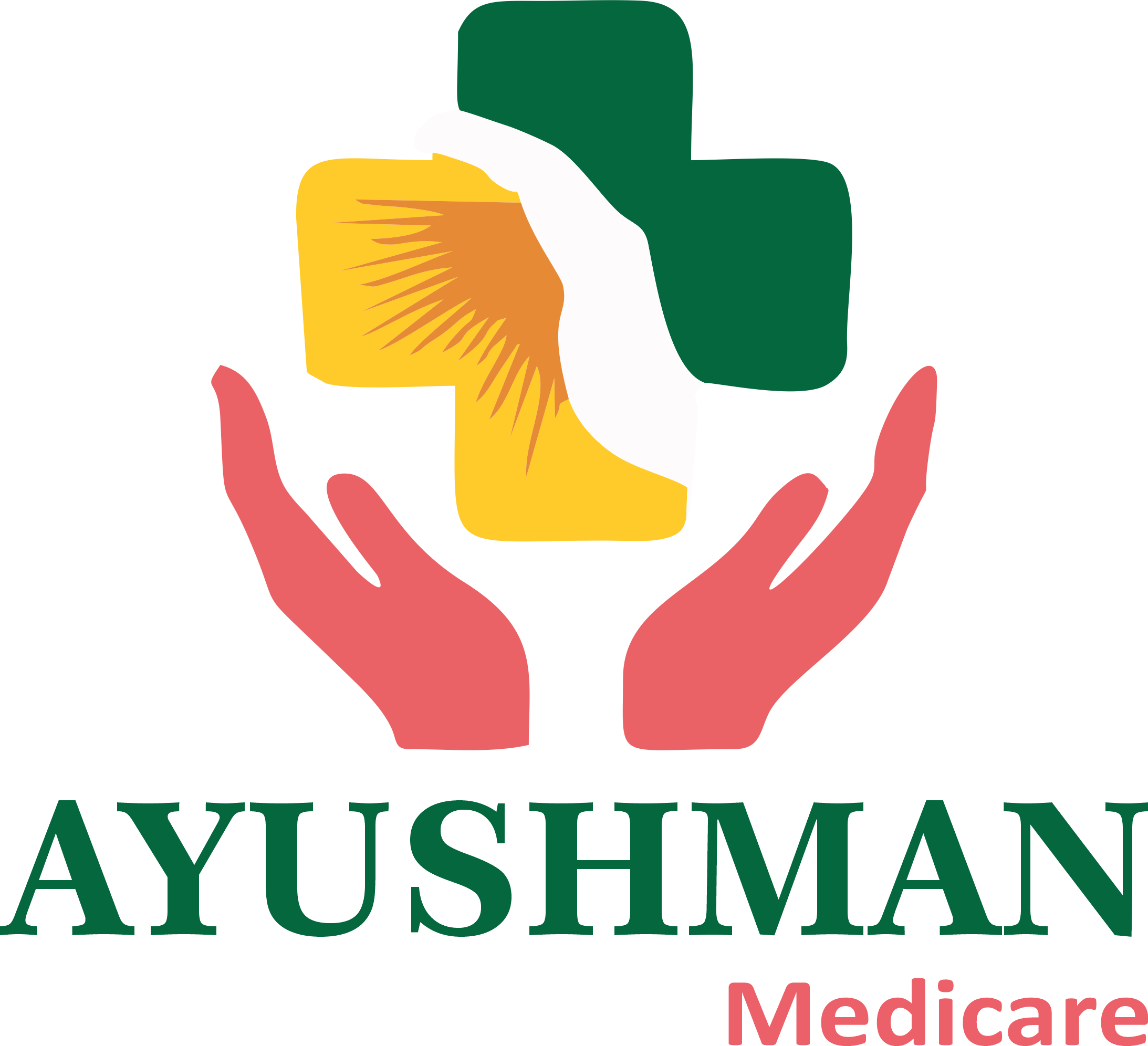Donor egg IVF

In this treatment, eggs are extracted from donor and fertilized with husband sperms and resulting embryos are transferred in wife’s uterus.
Steps
- Counseling and consenting of couple
- Donor Insurance - Donor insurance of egg donor must be taken for a period of 12 months from an insurance company
- Legal Affidavit of couple
- Evaluation and selection of donor
- Controlled ovarian stimulation of egg donor
- Oocyte retrieval of egg donor
- Endometrial preparation of the recipient
- Sperm collection
- Invitro fertilization and embryo development
- Embryo transfer in the recipient
- Pregnancy test
Who can benefit from Donor IVF?
- Low egg reserve: If your ovaries don't produce many eggs, donor IVF offers a chance to use healthy donor eggs.
- Poor egg quality: Even if you have eggs, their quality might be low, hindering fertilization. Donor IVF provides a solution.
- No ovulation: If you don't ovulate (release eggs), donor IVF bypasses this hurdle altogether.
- Advanced maternal age: After the age of 35 years and further after 40 years of age, egg number and quality goes down, then donor eggs increases the success rate.
- Menopause: After menopause, natural pregnancy isn't possible. Donor IVF offers a path to motherhood.
- History of failed IVF cycles: If past IVF attempts using your own eggs haven't worked due to egg quality, donor IVF increases success rates.
Who qualifies as an egg donor for IVF?
- Young & Healthy: The age range is typically 23 to 35 for optimal egg quality.
- Disease-Free: No chronic illnesses or infections to ensure egg health.
- Pregnancy History: Donor must be ever-married and should have at least 3 years old child
- Known donor egg (Donor can be known to Recipient) can be used
- Donation once in life time - One donor can donate only once in life time
